How to set realistic work resolutions you can actually stick to
With that in mind, here are some tips on how to set resolutions that you can – and want to – stick to:
Find your why
It’s all well and good saying you’ll run to work, vow to keep your desk clear every day or not snack between meetings, but unless you’re doing it for the right reasons it’ll never stick. If you want to take on a project or manage the next big office party just because someone else got there first last year, it has no meaning to you whether or not you actually achieve it. Keeping up with someone else’s career or goals isn’t a strong enough foundation to make real progress with your own, so take the time to really think about what you want to accomplish this year – and why – and start from there.
Start small
An oldie but a goldie – there’s a reason this phrase gets used so much in our personal and professional lives. The size of the resolution is unimportant as long as it has meaning, so don’t discount goals that are based on skills or results or that may come naturally or be second nature to someone else. Resolutions don’t have to be complicated or seeming unachievable just to be worthwhile – setting yourself a goal of mastering Google Analytics might seem too simple if you’re in a team with a digital or SEO whizz to compare yourself too, but don’t forget, they probably aspire to be able to do many things that come easy to you in return.
Set a goals ladder
We can all be guilty of setting all of our goals for the year on January 1st and then giving up a few months later when we’ve not made enough progress on them all at once. Give yourself a bigger chance of success by staggering your resolutions, and creating short, medium and long-term aspirations for yourself. In the example from earlier of running (not strictly work related, but you can apply this logic to your professional targets too) – instead of saying you’ll run a marathon by the summer, set yourself more realistic goals of a 5km by March, a 10km by June and a half marathon by October. Ticking off smaller goals on the way to achieving the big ones is not only very satisfying, but it’ll also keep you motivated for longer and make you less likely to be hard on yourself for missing an arbitrary self-imposed deadline.
Get specific and make it measurable
It’s all well and good – and valid! – to aspire to a pay rise or a promotion in 2022, but realistically that could mean anything. Earning £1 extra a year is a pay rise! So try to be specific and set measurable goals in order to put more energy and drive into making them a reality. If you’re working towards a promotion, set out exactly what title you’d like to earn, if it’s a pay rise, have a specific number in mind and WHY you deserve it when you go into negotiations and conversations. Put something together before you even speak to your manager that outlines the market rate, what you’re doing above and beyond and what you’ve already achieved in the role.
Even something as simple as “procrastinate in meetings less” needs to be pinned down in order to realistically be achievable. Set yourself a limit of five minutes of chatting before you get started, or commit to always setting an agenda, and you’ll find these simple yet unrestrictive boundaries are easier to stick to.
Create a personal development plan
One great way to put a goals ladder and specific targets into practice is with a personal development plan - or PDP. This is a useful exercise no matter if you’re a marketing executive or a CEO, and helps to keep your personal and professional goals on track for the year (and beyond!) Set aside time in January to plan your development for the year – anything from learning a new skill to attending a specific course to even changing department or role focus – and then work with your team, line manager or head of department to build this into a tangible, achievable calendar of targets and deadlines. And don’t forget, sharing your goals doesn’t create competition, it adds strength, and you may find others around you have similar aspirations for themselves and are keen to share ideas, knowledge and support to help you reach your collective goals.
Want to read more articles like this? Sign up to our newsletter to receive our latest news, blogs, offers and industry trends.
OTHER ARTICLES YOU MAY BE INTERESTED IN…
Workplace wellness trends in a post-Covid world
DID YOU KNOW YOU COULD HOLD YOUR MEETING, TRAINING COURSE OR CONFERENCE AT 116 PALL MALL?
Our Business Centre has 15 modern meeting rooms and our IoD Academy is a state-of-the-art training facility on the third floor, providing six additional rooms perfect for corporate hire in the heart of the capital.
To book or find out more, make an enquiry

